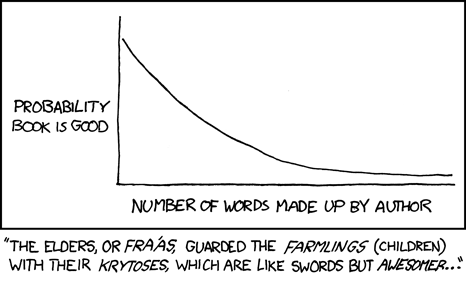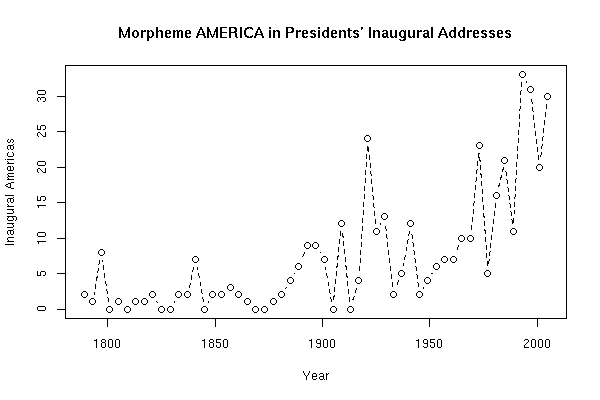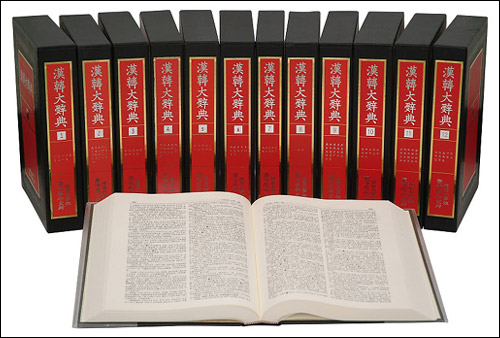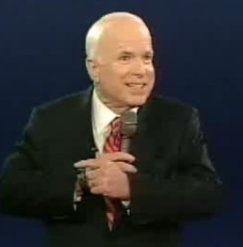"It's essential that we take action to both support the banking system as a whole — as well as being ready to intervene in particular cases when it's necessary to do so", said the UK Chancellor of the Exchequer Alistair Darling to reporters yesterday. Ungrammatically, I think.
Forget the fact that to both support is an instance of the so-called "split infinitive": modifiers have been placed between to and the verb in an infinitival clause, by good writers, throughout the history of English. (Those who jump on them as "errors" don't know as much about English grammar as they would like you to think they do.) No, it's the fact that the both never gets its correlated and. For me, the construction both X as well as Y (for any phrases X and Y), though common in unplanned speech, is not syntactically well formed. Particularly not when X is a plain-form (bare infinitive) verb phrase and Y is a gerund-participial verb phrase. That is (to invent a shorter case of the same sort), *to both survive as well as flourishing seems to me like an error of sentence planning, where what was intended was to both survive and flourish.
Of course, there could be people who differ, and see no slip in the Chancellor's remark. (Recall the surprising number of commenters on this post of mine who judged my ungrammatical example to be grammatical — though in that case I was able to determined that the original writer of the sentence agreed with me.) Not every expert user of Standard English has exactly the same judgments of grammaticality as every other user. But even a man who finds both support … as well as being ready ungrammatical may blurt it out when speaking under conditions of extreme stress.
Read the rest of this entry »



